Units of Study / ARTS ACHIEVE THEATER UNIT: ELEMENTARY
Physicality in Performance
USING HISTORICAL SOURCE MATERIAL
UNIT SUMMARY | STANDARDS | OUTCOMES | RESOURCES
WEEKS 1-3 | WEEKS 4-6 | WEEKS 7-10 | WEEKS 11-12
sTANDARDS
NYC Theatre Blueprint Standards- 5th Grade
The following Learning Goals were identified for the unit from the Blueprint indicators:
Physical Expressive Skills
- Use the body in a variety of movements that show an understanding of spatial relationships, tempo, energy, balance and texture.
- Use the body, face, and voice expressively.
- Use the body and face to create and react to imaginary conditions and the given circumstance of a script or story.
- Acting with awareness of character objective and obstacle
- Demonstrate and use non-verbal communication.
- Use the body in a variety of ways to express choices of character and emotion.
Collaboration Skills
- Sustain focus on the imaginary world and given circumstances in activities, sharing and performances.
- Contribute positively and responsibly to ensemble efforts and demonstrate an ability to collaborate with others.
- Sustain concentration, focus, and commitment in collaborating on group activities with a shared performance goal.
Vocal Skills
- Use a variety of vocal skills, including projection, character voice and emotional quality.
- Use the voice in a variety of ways to express clear choices of character and emotion.
Characterization Skills
- Apply an understanding of specific character needs, obstacles, actions and relationships in activities, rehearsals and performances.
- Rehearse and perform with awareness of Status in characterization and an emerging understanding of status shift in physicalization in a scene.
Acting:
- Students continue to activate and expand their imaginations, and explore the analytical, concentration and process skills associated with acting.
- Students exercise and refine the actors’ instrument – the body, voice and mind – through ongoing exploration of the physical, vocal, characterization and staging components of acting.
- Students participate in a variety of group and solo activities in rehearsal and performance, demonstrating self-discipline and ability to work collaboratively
Playwriting/Playmaking:
- Students apply imaginative, analytical and process skills in the creation of original dramatic works.
- Through research, editing, revision and critique, students become aware of the various stages of playwriting.
- Create and write vivid, well rounded characters drawn from or inspired by a variety of source materials including literature, history, current events and their own imaginations
Common Core, ELA-Literacy
- Students will be able to: Understand key ideas and details in non-fiction. R 1
- Quote accurately from a text to draw inferences. The text they will be able to compare and contrast characters. R 3
- Explain the relationships or interactions between two or more individuals, events, ideas, or concepts in a historical text based on specific information in the text. R 3
- Engage in a range of collaborative discussions in order to gather a range of information about a topic. Draw their own conclusions. S 1
- Employ multimedia and develop their main ideas. SL5
UNIT NAVIGATION:
UNIT SUMMARY | STANDARDS | OUTCOMES | RESOURCES
WEEKS 1-3 | WEEKS 4-6 | WEEKS 7-10 | WEEKS 11-12
BACK TO TOP.
Unit Details
K-5
Arts Discipline: Theater
Grade: 5
Borough: Queens
THEATER: ELEMENTARY SCHOOL
Physicality in Performance


